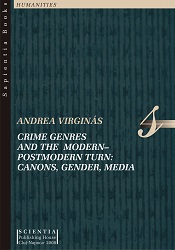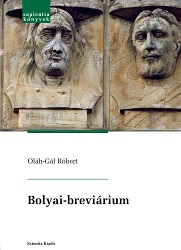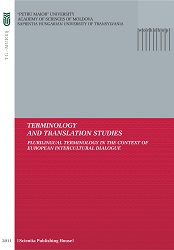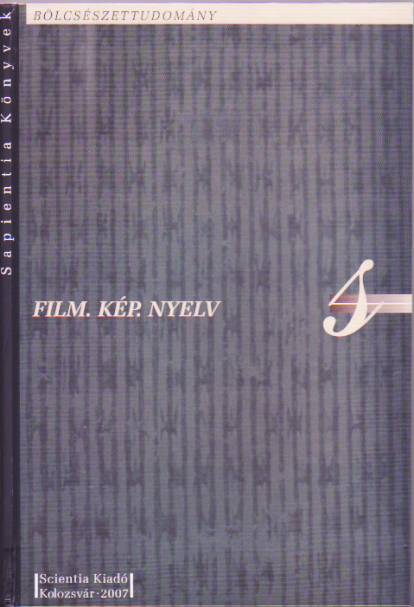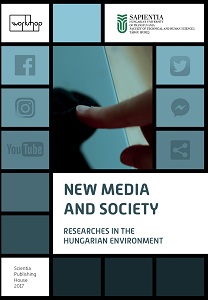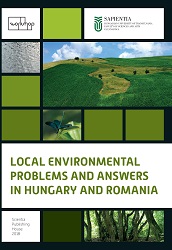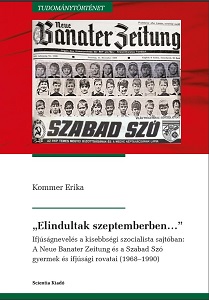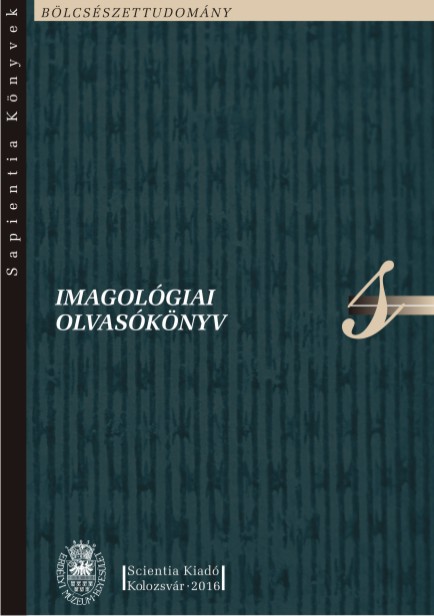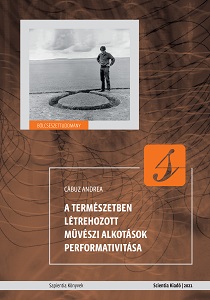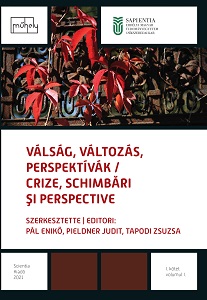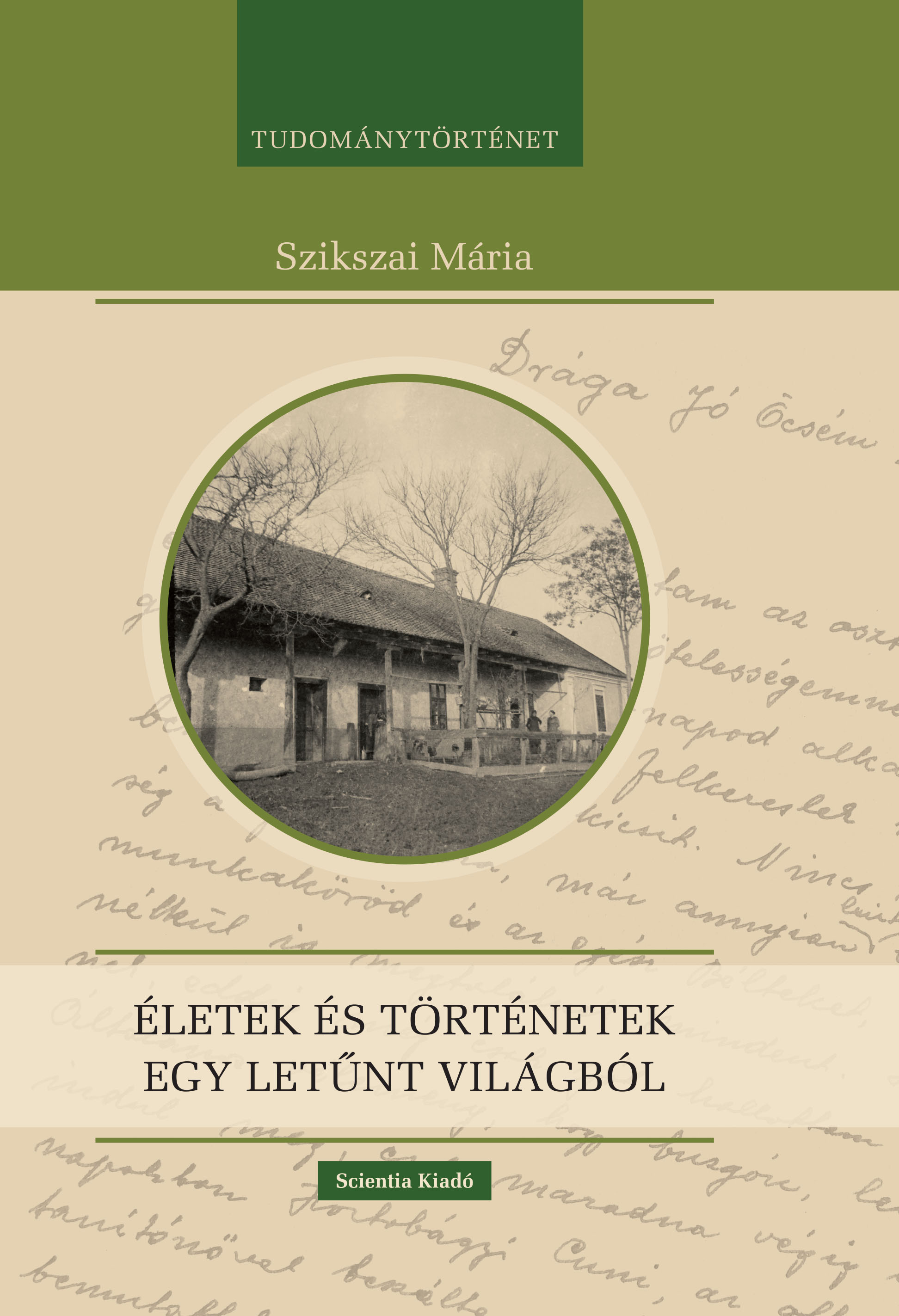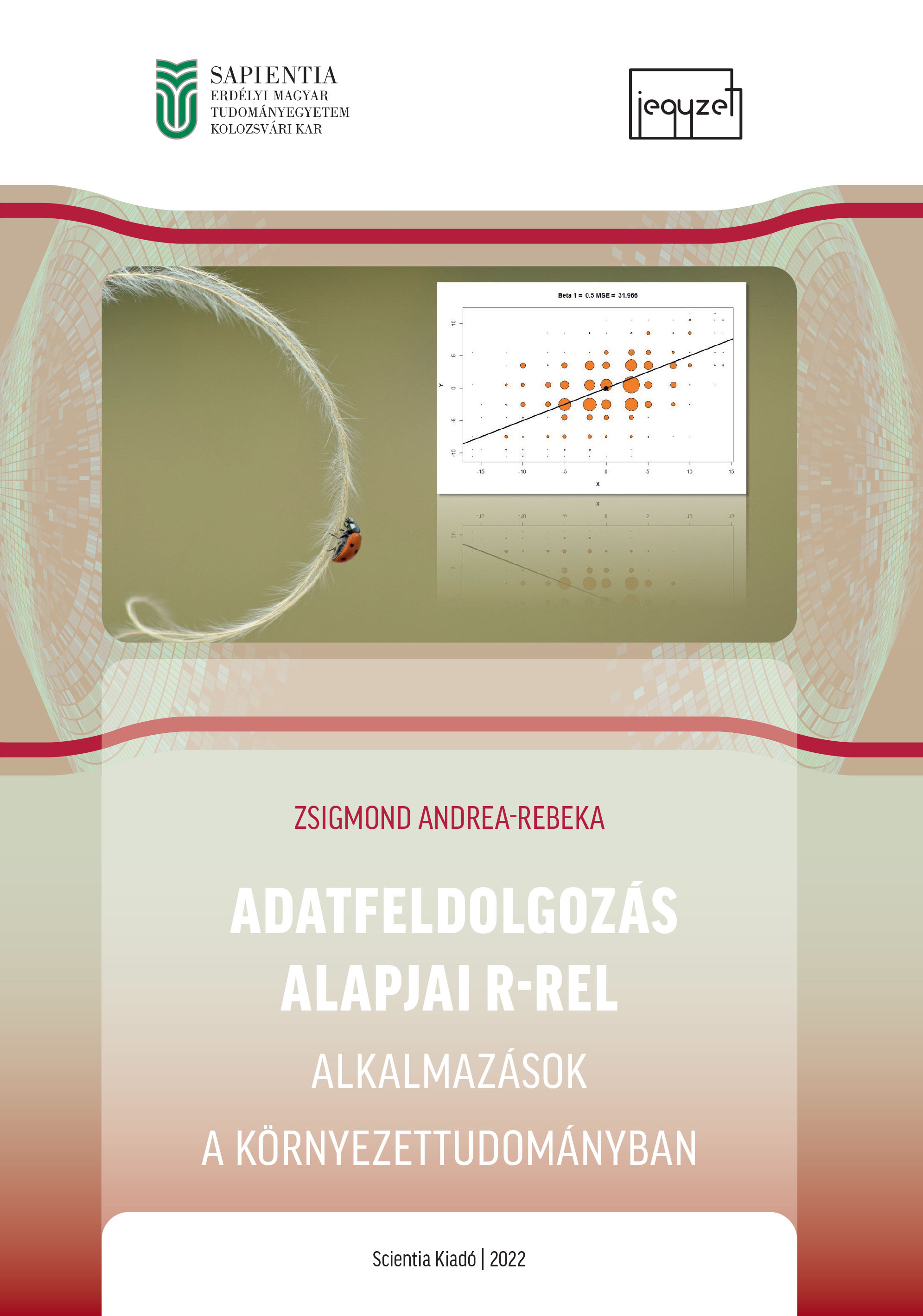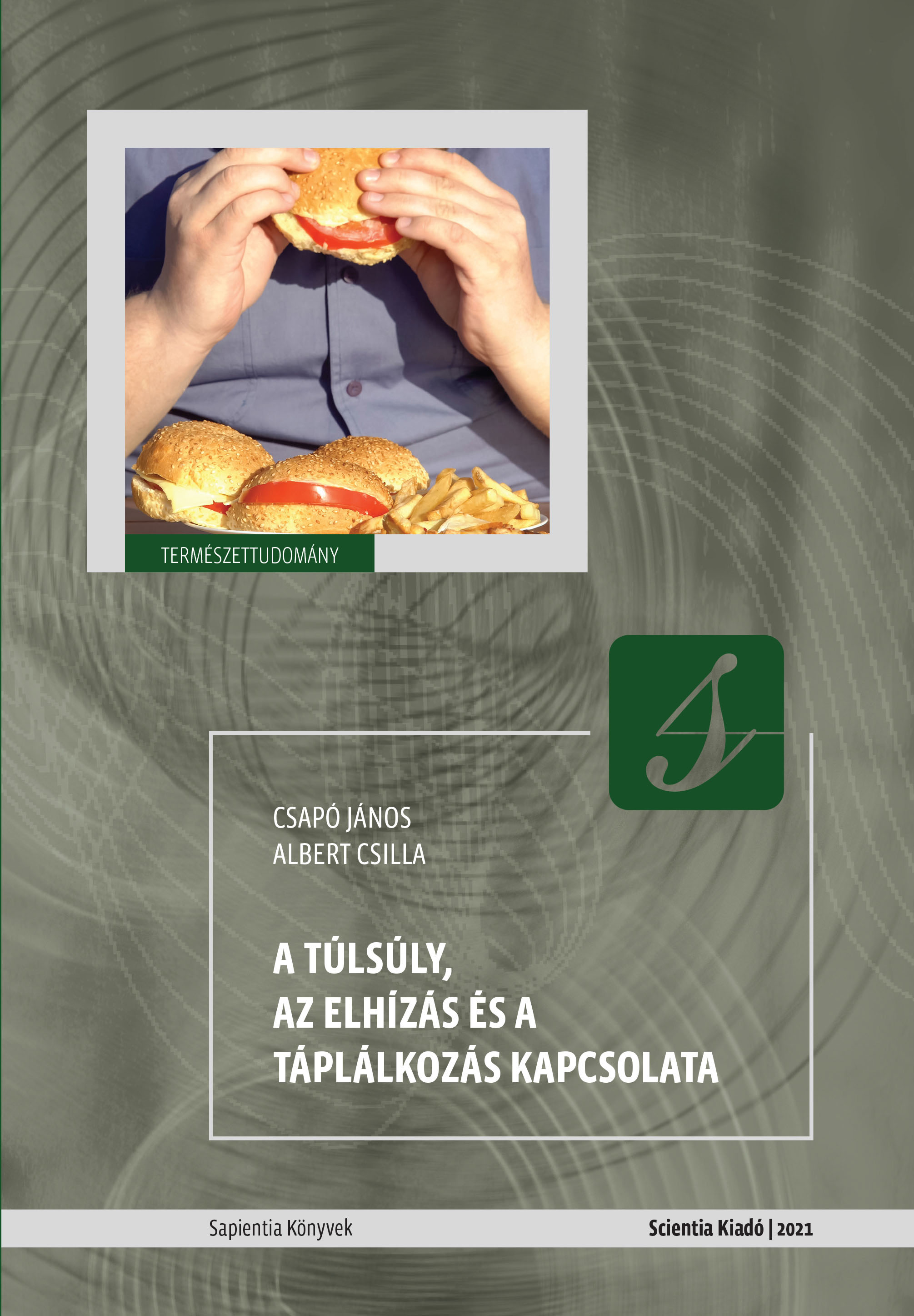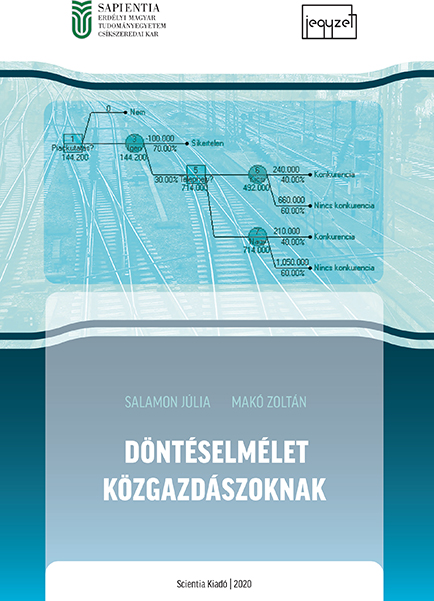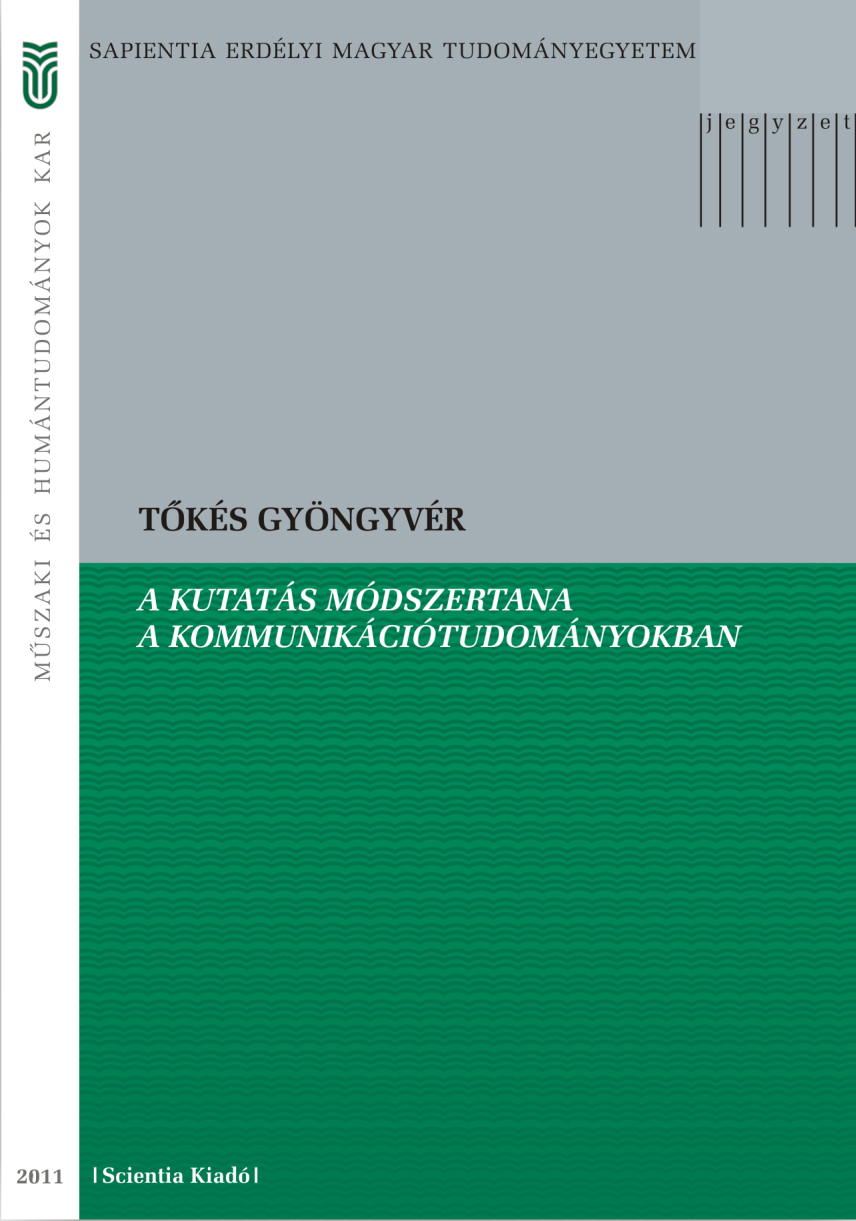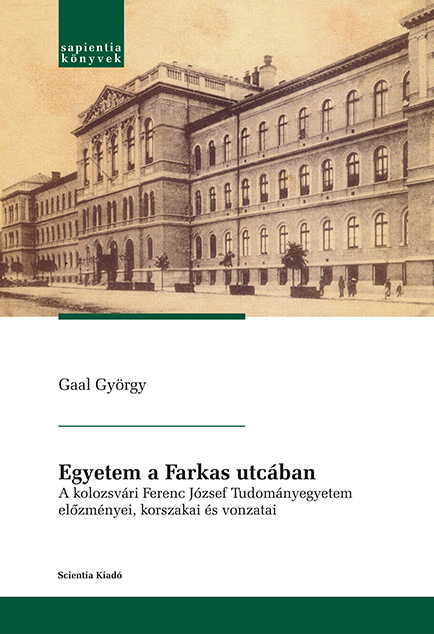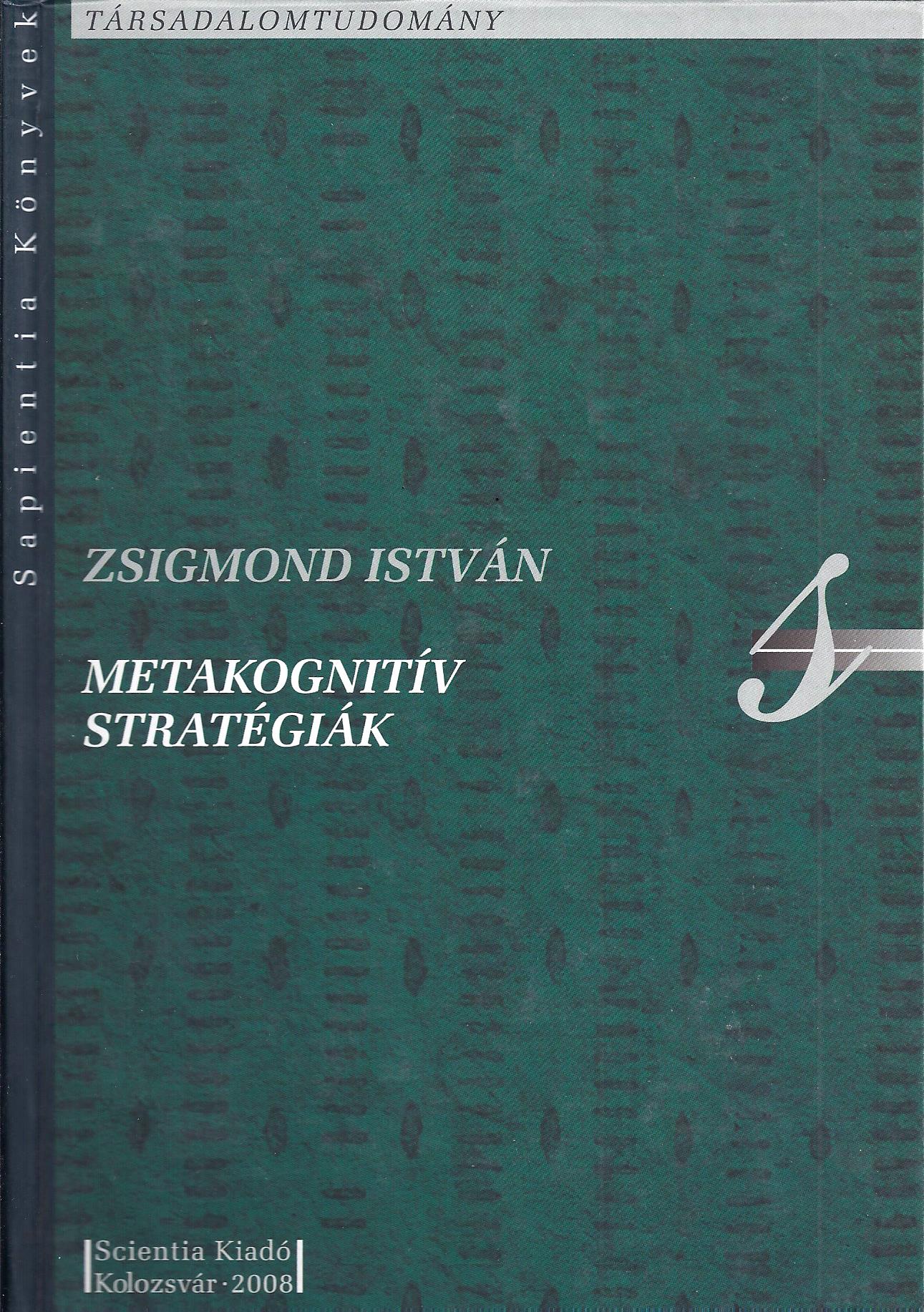A TULAJDONVÁLTÁS FOLYAMATA ROMÁNIA GAZDASÁGI ÁTALAKULÁSÁBAN
Author(s): Árpád Szabó / Language(s): Hungarian
Keywords: change of property; economic transition; Central and Eastern European countries; NATO; European Union; privatization of agriculture;
Beginning with the middle of the XX. century, the majority of the Central and East European population has lived most of its life subjected to the experiments of a political, economical and social environment ─ which finally proved itself to be totally unsuccessful. Subsequent to World War II, the Central and Eastern European countries got under the influence of the Soviet Union and were compelled to live and coexist with that system. The system itself bore a different name in almost every country, but there were, nevertheless, some mutually characteristic features. The socialist system collapsed between 1989 and 1991. Many things have changed ever since. During the last two decades most of the countries in the region have become members of the NATO, and the European Union. From political point of view, there is political partition with due and democratically elected parliaments and governments. When choosing my research subject, I have chosen to look into the Romanian process of change of property, focusing on the process of privatization. Though only a few, in comparison with the other Central and Eastern European countries, but there have already been elaborated comprehensive studies [Earle-Sapatoru, 1993; Earle-Telegdy, 1998; Negrescu, 2000; Telegdy, 2001]. Therefore, I am not going to analyse in detail the process itself. My book consists of three major units. I define the basic terms and I present the hypotheses of the research in the first part of the first unit. In the second part of the first unit I make an overview of the international literature dealing with the economic transition in Central and Eastern Europe, and especially with the early premises of privatization. The second unit compares the features of transition in Romania and Hungary, the two countries being part of the same region. The third unit of the book deals with the privatization of agriculture and consists of three chapters. These chapters describe the impact of privatization on the land-structure, the agricultural machinery and the agricultural production. The research of the privatization in agriculture was financed by the Hungarian Academy of Sciences and it was a part of a larger strategic research programme called "The privatization of Agriculture in Transylvania". I have done my part of research together with students both from the Babeș─BolyaiUniversity of Cluj and Sapientia University. The book is concluded with the due findings of my research followed by the list of references.
More...
